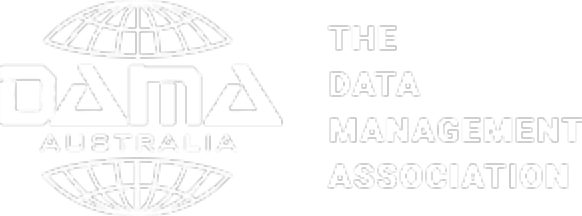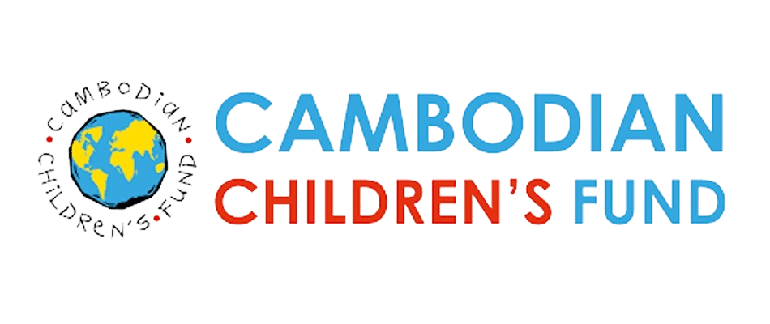Our Co-Founder and Director, Rina Gami, shares her thoughts on how to write the perfect resume.
Resumes are the first hurdle that some professionals fail when embarking on their job search. Your resume is a direct representation of you and the first thing an employer or recruiter will lay their eyes on before planning how to further progress your application.
You may rank highly in your field, be the greatest top performer in the industry, but with a poorly constructed resume, none of that will matter. Take the time to put together a document that is enticing to a hiring manager or recruiter, which results in automatic progression to the shortlist.
Through years of experience in Finance & Accounting Recruitment, we have seen thousands of resumes and believe these tips will help you increase your success rate.
The format of your resume should include the following and each section:
Personal Contact Details
To protect your privacy this information should be kept to full name (include an abbreviation of qualifications if relevant after your name), mobile number, email address, suburb and state.
Profile/Summary
This is critical! Ensure it is not generic, but specific to you and how you want to be perceived to the reader. Grabbing their attention here will lead to more success. You can highlight specialist skills, abbreviation of qualifications and your strengths.
It is important to include keywords in your profile so recruiters and employers will be able to get an immediately sense of the level of your skills.
Example:
A driven, highly-skilled risk management professional who has extensive experience across all areas of compliance, governance, risk management and internal audit. Background of working across the energy, infrastructure and telecommunications sector and a demonstrated skill set in delivering operation risk and compliance strategy across an entire organisation.
Depending on your level of experience, you may want to include a small table of your key skills under your profile that highlight your core technical skills.
Education
Highlight only relevant University and vocational education or qualifications and awards. You can also list any relevant professional memberships here.
Employment/Career History
This section will vary depending on your years of experience. If you are more experienced, you should spend more time on the detail for the last ten years, keeping the rest of the experience brief and simple.
Starting with the most current role, include the following:
- Name of the company, dates, (month and year), position title. It is always recommended to include a very brief (a couple of sentences) description of the company.
- Key duties listed in bullets points, highlighting your main responsibilities, followed by five to eight key achievements in the role. Highlight achievements that can be backed up by tangibles (i.e. an increase in sales by dollar value ($), or reduced wastage represented by percentage (%), improved reporting expressed in time (from four days to two). Be specific, not vanilla.
Keywords that highlight technical skills should be used as many companies now use software that can pre-screen before shortlisting you.
Additional Tips
- Ensure you explain any extended gaps in your work history i.e. overseas travel, parental leave, time taken out for studies.
- Use active language with power words such as: developed, automated, evaluated, deployed, implemented, realigned, engaged, integrated, administered, reviewed, redefined, established, streamlined.
- Make sure you are not repetitive or unnaturally scripted.
Rather than:
- Responsible for managing team of four.
- Responsible for preparing reports for management meetings.
- Responsible for running training and workshops to implement strategies.
You could use:
- Lead and develop a team of four.
- Developed insightful reports for management to aid in decision making.
- Facilitate and drive training and workshops to implement strategies across the department.
Other Things To Consider
- If you have been promoted within a company, highlight the different job titles demonstrating your ability to progress.
- Avoid excessive detail and long blocks of text.
- If you have an extensive career history, summarise roles prior to ten years briefly unless they are relevant to the role you are applying for.
Hobbies
Not only can this be a conversation starter for an interview, but it also tells an employer a little bit about your personality, extra-curricular and outside interests. List three to four hobbies and (where possible) at least one relevant to your career. You can also include philanthropic activities and sporting interests.
References
If you have permission from your referees to incorporate their details, these can be included here as well as links to recommendations from your LinkedIn profile. Testimonials from previous managers can be highlighted in this section.
A lot of the time your industry might dictate how fancy, colourful or animated your resume should be. If you are unsure, it is worthwhile asking those in your network who work in the same industry or ask people to share an example of their resume.
There are number of templates for resumes in the market. Choose one that is not too fancy with multiple colours or fonts or have multiple tables as these may display differently on another screen.
Formatting
- Choose a safe font i.e. Arial, Times Roman or Calibri.
- Bold titles, names, subjects and headings.
- Avoid fancy borders.
The Most Important Thing
One or two spelling errors can result in rejection by an employer. Ensure you spellcheck thoroughly and get someone to proof it for you with fresh eyes.
Invest time in writing your resume properly. It is well worth your time and will tell a potential employer / recruiter a lot about you. If you do not seem like you care, why should they? It is an important marketing tool for you and is the first step for finding your next opportunity.






